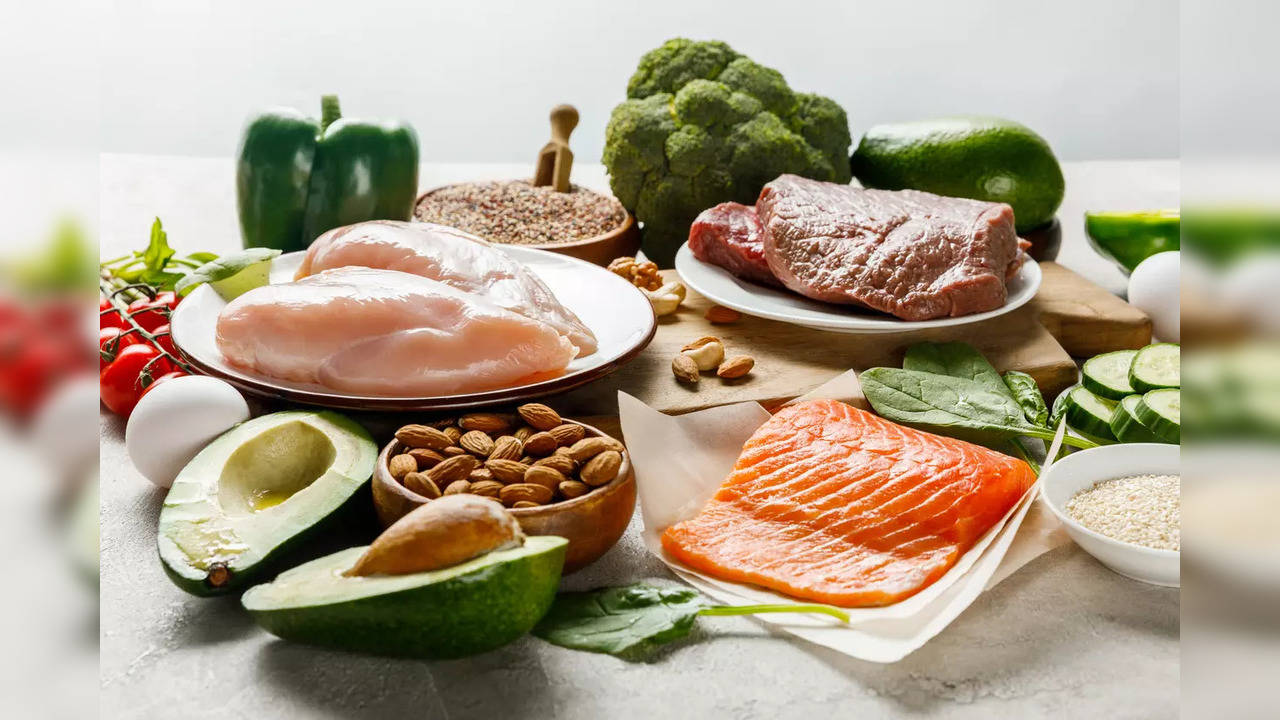The study findings were published in the journal Obesity.
An analysis of pooled data from multiple weight loss trials conducted at Rutgers shows that increasing the amount of protein, even slightly, from 18% of a person’s food intake to 20%, has a substantial impact on the quality of the food choices made by the person. The study was published in the medical journal Obesity. “It is somewhat remarkable that a slightly higher, self-selected protein intake during the diet is accompanied by a higher intake of green vegetables and a lower intake of refined grains and added sugar,” said Sue Shapses, study author and professor in nutritional sciences at the Rutgers School of Biological and Environmental Sciences (SEBS). “But that is precisely what we found.”
The data was collected from more than 200 men and women who participated in clinical trials at Rutgers funded by the National Institutes of Health over the past two decades. The analysis of food records and diet quality for this study was funded by the Institute for Advancing Food Sciences and Nutrition in Washington, DC Participants were 24 to 75 years of age and recorded a body mass index that classified them as overweight or obese. All participants were encouraged to lose weight by following a 500-calorie deficit diet and met regularly for nutritional counseling and support over a six-month period.
Participants received nutritional advice based on guidelines from the Academy of Nutrition and Dietetics and the American Diabetes Association. They were encouraged to allocate 18 percent of their caloric intake to lean proteins, such as poultry, unprocessed red meat, fish, legumes, and dairy, and to spend the rest of their calories on fruits, vegetables, and whole grains. They were discouraged from eating saturated fats, refined grains, sugar and salt.
The participants kept detailed food records, which the researchers analyzed for diet quality, specific categories of food consumed, and proportions and specific sources of protein. total calories from protein or a higher protein approach with 20 percent of total food intake coming from protein.
The study concludes: Both the low and high protein groups lost the same amount of weight, about five percent of their body weight over six months. Individuals in the higher protein groups chose a healthier food combination to eat overall. Individuals in the higher protein group specifically increased their intake of green vegetables and reduced sugar and refined grains. Individuals in the higher protein group were better able to retain their lean muscle mass.
Disclaimer: This story has been published by a news service and nothing except the headline has been changed by times now.
.
